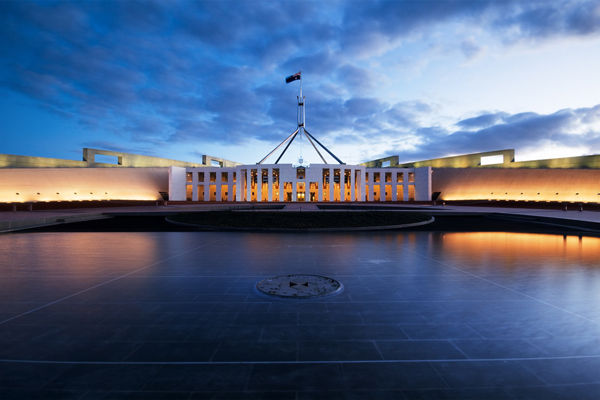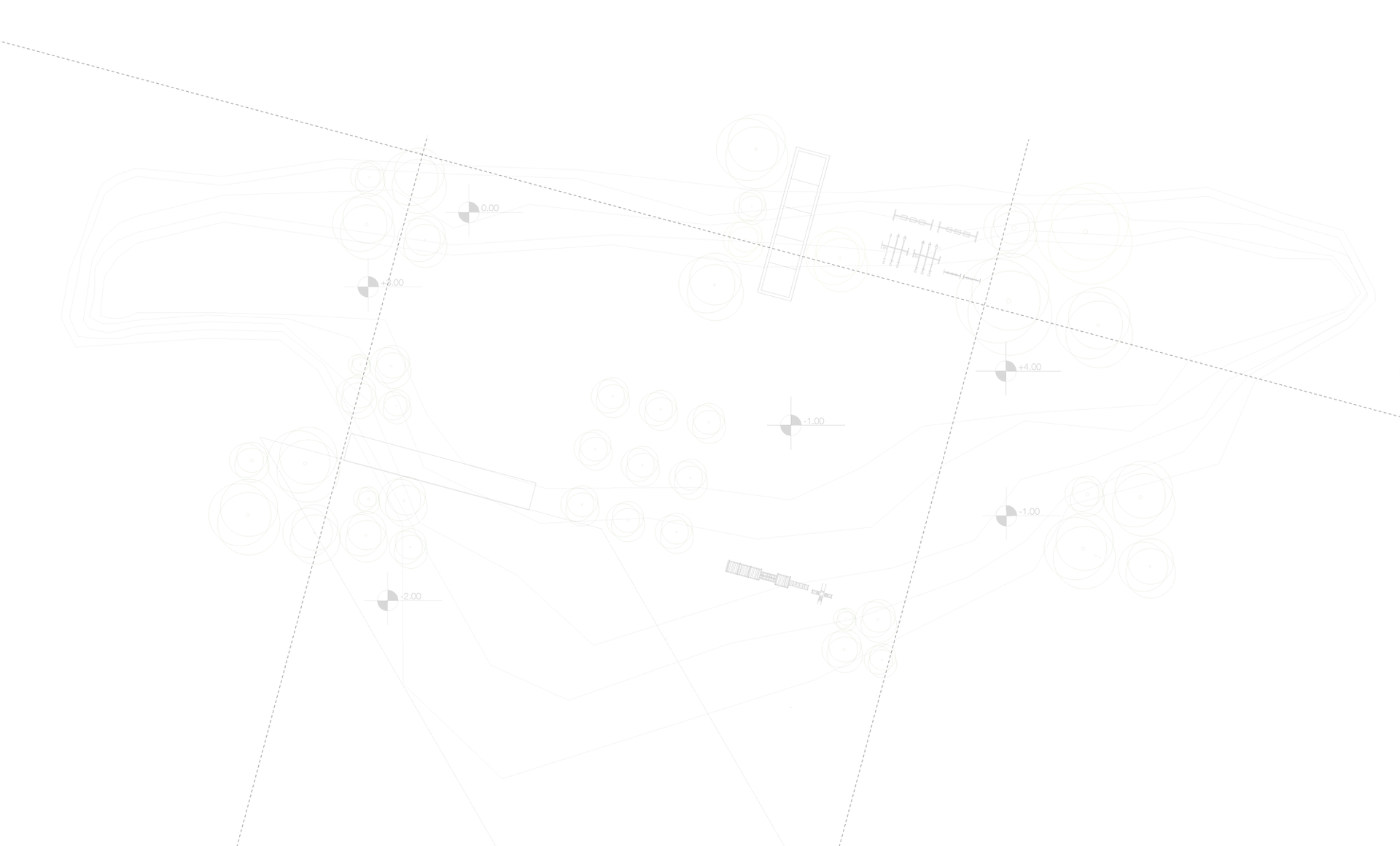Three models of government
- David

- Dec 30, 2020
- 2 min read
This blog post looks at how three modes of government might operate. The first is government run in the interests of it's rulers, the second is government run in the interests of it's own employees and third is government run in the interests of the people of the country as a whole. While we would all probably like to be idealistic and think that the third category is how governments always have and always will operate, the reality is that all governments probably share some overlap between the three categories. Let's look at them below:

Government run in the interests of it's rulers
Features:
- Tax revenues constantly exceed expenditure
- Large wealth of rulers (land, buildings etc.)
- Concentration of power
- Hereditary transfer of power
- Little government accountability
- Little ability to criticise the government or affect change
- Ruler responsible for maintaining government functions
Examples of government titles:
- King/Queen
- Lord
- Emperor
- Earl
- Viscount
- General Secretary of the ruling party
Government run in the interests of it's own employees
Features:
- Government expenditure exceeds revenue
- Large, complicated bureaucracies
- Highly centralised structure
- Pay of government employees higher than those in private sector
- Little direct relationship between elected and appointed officials
- Most decisions made by appointed rather than elected officials
- Frequent rotation of elected officials and infrequent rotation of appointed officials
Examples of government titles:
- Executive general manager
- Director
- Panel chair
- Chief Executive
Government run in the interests of the country as a whole
Features:
- Tax revenue and expenditure largely in balance over time
- Accountability of government employees and elected officials
- Representative democracy with access to impartial judiciary
- Access of people to government officials eg. local/decentralised authority
- Division of power
- Earnings of government employees/officials in line with country as a whole
Example of government titles:
- Member of parliament
- Representative
- Minister
- Councillor
- Town clerk
- Department Secretary
Conclusion
The above presents some ideas, which can be seen as a general guide and are not a black and white list. A dictator can obviously rule in a benevolent fashion and similarly an elected representative may not always act in the interests of those who elected them.
Which of these three models would most closely describe government in Australia?




Comments